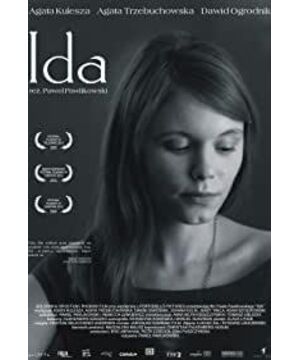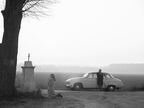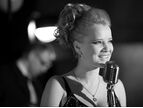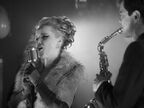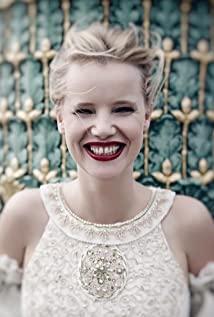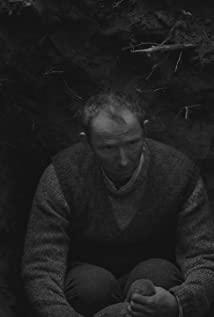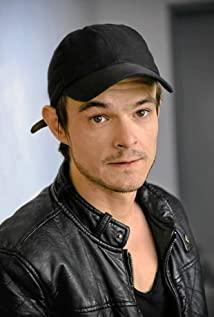The film explores the life and death of two lives.
Ida grew up in a monastery, was immersed by God all his life, knew nothing about the world, and never lived a real life (of course, the director of monastic life in Ida's eyes also explained it). After leaving the monastery, she met two people, his aunt and young musicians. The former showed her the cruelty and ugliness of life and death. the latter. . . How to say it, it is not accurate to say that life is good, but short-term peace and desire, or plain and confused. Ida is a cultivator who has experienced the world and gained insight in just a few days. How can young Ida see through the world? Is it because of her beliefs? I don't know, and it doesn't matter. The director just wanted to speak with Ida.
Her aunt, with the end of the war, the death of her children and the loss of her faith, became a walking dead and lost the courage to face life. However, she is sober. Until Ida appeared, she had to face the past and face the reality. And let her make up her mind to end it. Since then, she has not died, but has been resurrected. (Don't forget, she was once a communist hero with ideals and beliefs). I have to say that her jump is like "Heaven Is Destined"! It's just that the motivations and pursuits of the two are different.
A black and white film, but used so well. The monastery is always cloudy. The car window glass reflects the bustling city, vaguely, and there is a passing cloud in front of Ida's eyes. The patchwork glass windows of the horse barn refracted the sunlight, spliced memories, and flashed the yearning for love, but there were so many, in fact, just a little bit. In the first two conversations with young musicians, the pure light of the holy spirit gleamed behind the two of them. Aunt Ida's room is always dark until she opens the window and jumps.
Regarding the ending of the film, I cannot comment on the director's true intentions, but it is dishonest to the whole film, at least not so candid. As the main idea of the film, Ida asked those questions whose intentions were too obvious. She did not return to the monastery, but went against everyone's direction. Her eyes and expressions were vague, but she walked quickly and firmly, as if she knew the direction. The only thing about this film, if the last wave persists to end calmly and slightly depressively, I think it is more in line with the artistic orientation of the film and will give the audience more room for thinking.
View more about Ida reviews


